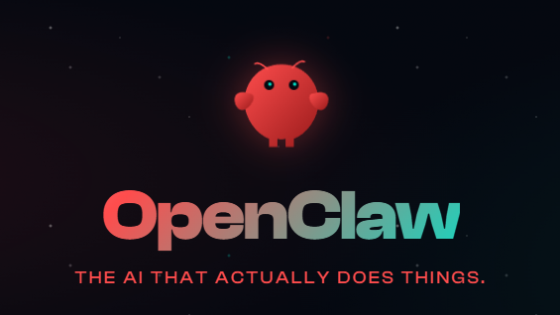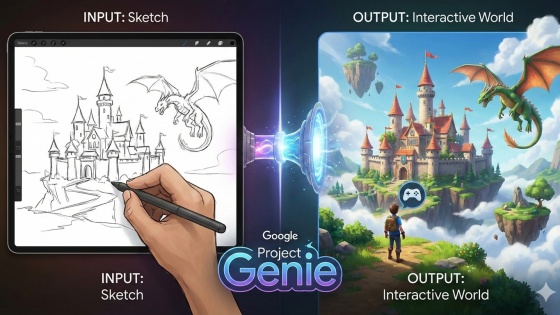WeatherNext 2: Google's AI that predicts the weather in a minute

Google recently unveiled WeatherNext 2, its latest AI-powered weather forecasting system. It's a significant step forward from the first version. The company claims the new model produces forecasts up to eight times faster and outperforms the original WeatherNext by 99.9 percent on key metrics like temperature, humidity, and wind speed accuracy. The system was developed by DeepMind and Google Research.
The advancement is based on a new architecture called Functional Generative Network (FGN). This model intentionally introduces small random signals into the calculations to mimic natural atmospheric variations. Because the real atmosphere is shaped by constant irregularities, the approach allows for more realistic simulation of weather systems and more accurate forecasts.
One of the biggest improvements is speed. The new WeatherNext 2 produces forecasts nearly eight times faster than its predecessor. While physical models require hours of processing on supercomputers, Google’s AI produces results in less than a minute using a single TPU chip. Additionally, forecasts are refreshed every hour, instead of every six hours, meaning weather changes are detected earlier and integrated into services faster.
WeatherNext 2 doesn't just process individual data points, but captures the complex interactions between temperature, pressure, humidity, and wind. According to the developers, the system more accurately identifies severe weather events such as hurricanes and predicts their paths up to three days in advance. It can also detect heat waves early. However, Google warns that precipitation (rain and snow) forecasts are still less reliable due to incomplete training data.
WeatherNext 2 is already integrated into several Google services, including Google Search, the Pixel Weather app, and Google Maps Platform via the Weather API. The improved forecasts will soon be available directly in Google Maps. Researchers and developers can use the model through Google Earth Engine, BigQuery, and the Vertex AI Early Access Program.





























